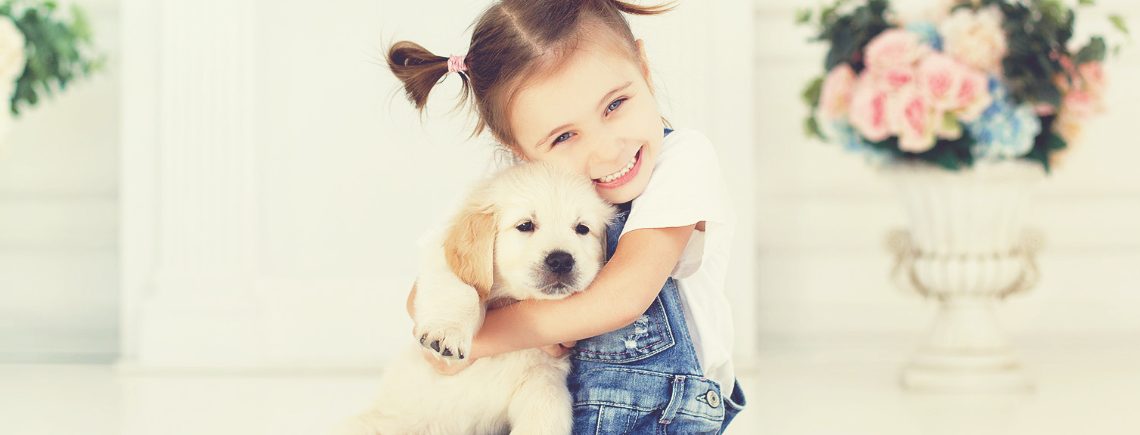Separation Anxiety and Your Dog: How to Help
Whether you’re returning to the office or going back to school, leaving your puppy or adult dog at home alone isn’t an easy task. Some dogs adapt right away without their owners being around them throughout the day, while others may cry or bark excessively as soon as their owners walk out the door.
It’s essential to teach your dog that it’s okay to left alone and that there’s no need to panic; likewise, you must understand your puppy isn’t barking or crying to annoy you, but rather because he loves and miss you.
In this blog post, I’ll talk about my top tips on dealing with separation anxiety and your puppy, what to do, and how to help.

Dawn Greer, Professional Dog Trainer
Dawn has been working and training with dogs for over 15 years. She has a Certificate in Canine Studies and a Certificate in Canine Behaviour & Psychology.
She is an advocate for the use of positive reward-based training methods, and enjoys watching how each dog learns, what motivates them, and how they react to challenges. She participates in many online training courses with trainers across the globe about various aspects of play training, obedience, and agility.
She currently shares her life with her dogs ranging in age from 16 years to 12 weeks. She has represented Ireland at the World Agility Open and the European Open Championships and has also represented Ireland in the International Agility Event at Crufts. She is a spokesperson for the Petmania Puppy Club where she has demonstrated her knowledge and expertise in obedience training young puppies.
Getting Used to Being Alone
Its important to start getting your dog or puppy used to being on their own well before you have to return to work, at least a few weeks prior. This should be started with just short periods of time at first, leaving them on their own for as little as 5 minutes and gradually building that time up.
Young puppies should not be left on their own for long periods of time anyway, so if you do have to go back to work then it is important that for any dog, but especially a puppy, that they are not left on their own all day. Try to source a good dog walker that will come into your home and take your dog out and spend some time with them whilst you are at work.
My Top Tips
- Walk your dog before you leave for work. A tired dog is much more likely to relax and sleep than a dog that’s full of energy. Depending on the dogs age this should be a walk of at least 45 minutes that allows them to use up plenty of energy, both physical and mental. A 10 minute walk around the estate is not sufficient to do this, so make time to get up and walk your dog before you go to work. If the dog is too young to go for a walk this length then you can play with them and do a little bit of training to mentally tire them out instead.
- Give your dog an interactive toy as you are leaving. There are lots of toys made by Kong and other companies that can be stuffed with food that your dog then has to interact with to get the food out. This will keep your dog entertained for a little while immediately after you leave. This helps to create a more positive association with you leaving.
- Leave a radio on so that there is background noise in the house. This helps to dampen down the noise from outside so that your dog can relax more and not be constantly on alert.

- Create a routine. Dogs like routine and this also helps them settle. For example:
- 6:30am – Get up and walk the dog
- 7:30am – Return from walk and get ready for work
- 8:30am – Give your dog the interactive toy and leave for work without making any fuss
- 12pm – Dog walker comes in
Once the dog gets used to their routine they will generally just settle down and sleep after you leave for work because this is what they do most days. But you have to prepare them for this a few weeks at least prior to going back to work, and build up the length of time they are left on their own gradually.
Some dogs will cope much better than others with being left on their own. There are products like Adaptil which has a dog appeasing pheramone in them which can help some dogs that are a little stressed on their own. However if your dog has severe separation anxiety then you need to seek help from a qualified dog behaviourist that uses positive methods only. They will come into your home and assess your dog, as the reasons for separation anxiety are varied.

